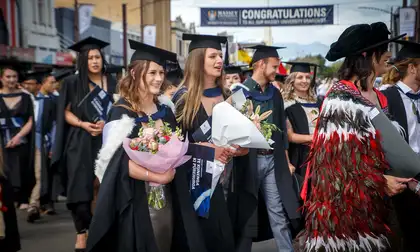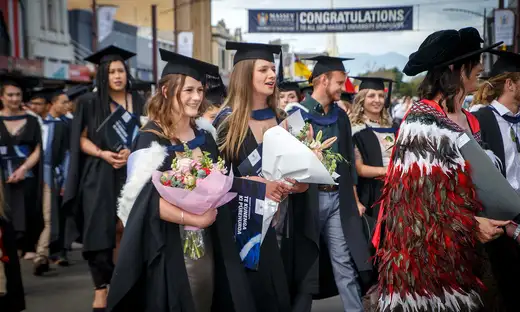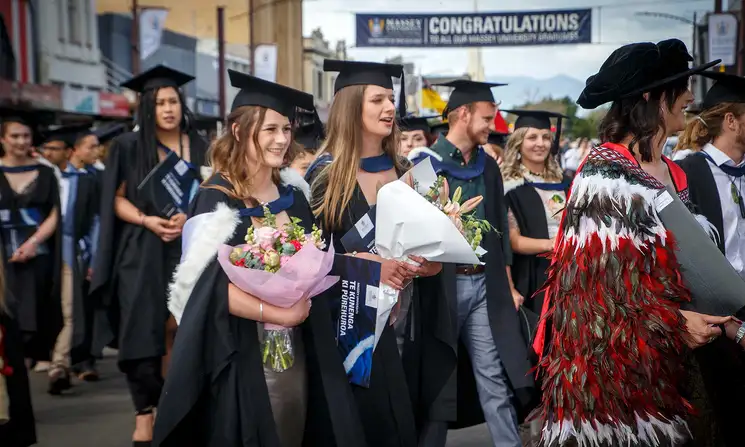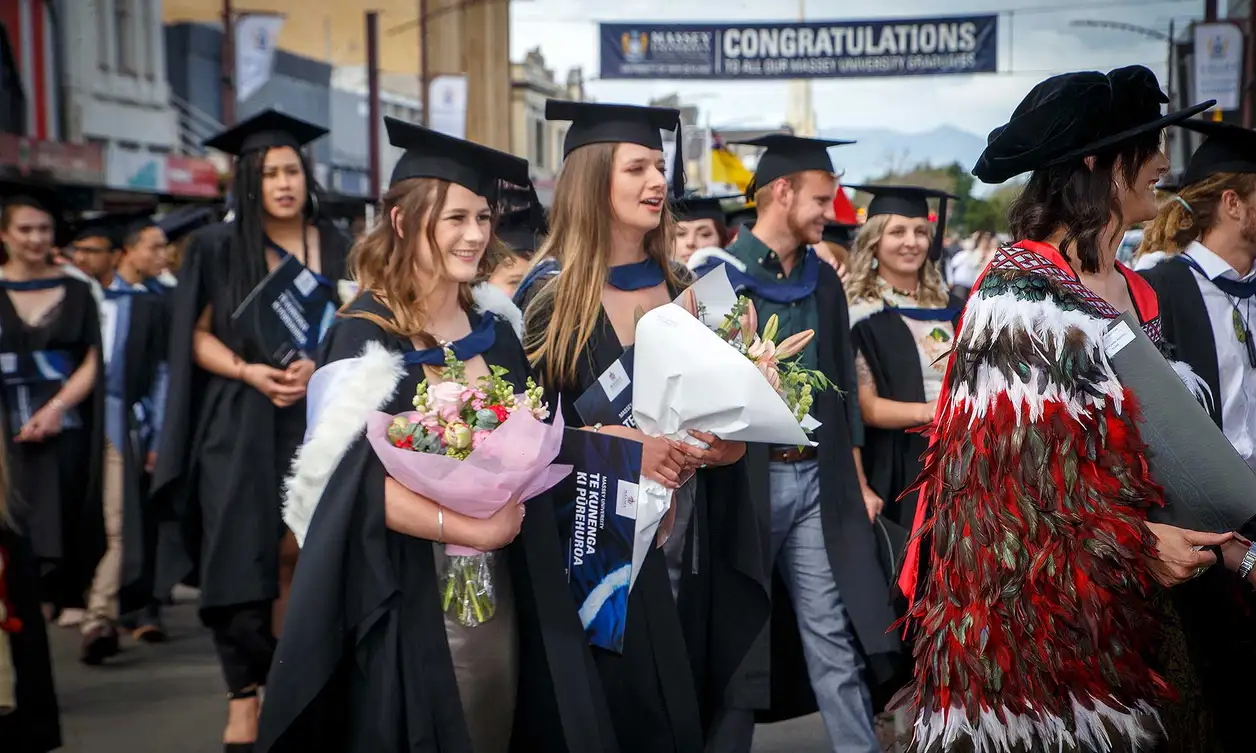Career advice while you study
We can help you plan for your career, get work experience, and connect with employers at career events.




Career services for Massey graduates
As a graduate, you can access Massey Career Centre’s online job listings and career resources for up to three years after you finish your study.




Employers' services from Massey Career Centre
We work with employers to promote job opportunities to our students and recent graduates.



